How Generative AI is Reshaping HR
Imagine a future where HR evolved beyond routine, tedious tasks and becomes a strategic partner in building a thriving workforce. This isn’t a pipe dream; it’s a reality fueled by Generative AI; a technology poised to disrupt Human Resources (HR). This article explores how Generative AI can transform HR practices and introduce a more vibrant, dynamic, and employee-centric work environment.
AI-Powered Talent Management: From Recruitment to Retention
Generative AI goes beyond mere automation; it’s about producing entirely new content. Within HR, this opens up a wealth of opportunities. Here’s how:
- Recruitment Reinvented: Generative AI can craft targeted job descriptions tailored to attract the perfect candidates. It can personalize outreach messages, analyze vast applicant pools to identify hidden gems hidden within resumes and evaluate skills via AI-driven simulations. A 2023 McKinsey podcast revealed that AI-driven recruitment tools significantly reduce screening time and improve the overall experience for candidates. This allows HR professionals to dedicate more time to strategic efforts and nurture connections and relationships with top talent.
The impact of generative AI on human resources | McKinsey
Generative AI In HR – Balancing Tech And The Human Touch (husys.com)
- Learning on Autopilot: Personalized learning platforms powered by generative AI curate customized training modules based on individual learner needs and learning styles. A data-driven approach, as evidenced by a 2024 Brandon Hall Group study, can significantly boost employee skill development and knowledge retention. Imagine a world where learning isn’t a one-size-fits-all approach, but a tailored journey towards mastery.
Unlocking the Potential of Generative AI in Training Content Creation – BrandonHallGroup
- Employee Engagement: Generative AI-powered chatbots can streamline onboarding, provide 24/7 support, answer questions, and address employee concerns fostering a more connected and engaged workforce. Yet AI’s role can go beyond support; it can become a valuable learning companion, offering real-time feedback and personalized coaching opportunities.
The Impact of Generative AI in Employee Engagement – Gnani.ai
Textio and Zavvy are examples of tools that use AI not only to empower companies to build future-proof workforces and create an environment that fosters continuous learning and growth.
The Evolving Workplace: A Symphony of Human and Machine
The integration of generative AI, human workers, and automation will undoubtedly reshape the nature of work. Here’s a glimpse into what the future holds:
- Diverse Skillsets: Generative AI can break down complex tasks into manageable steps, allowing individuals with diverse skill sets, who know how to use AI, to contribute more fully and effectively. This not only empowers employees but also broadens talent pipelines, fostering a more inclusive and innovative workforce.
Skills and expertise: Keys to the generative AI engine (ibm.com)
- Knowledge Workers vs. Manual Labor: While generative AI Large Action Models might automate some knowledge-worker tasks, it will also free them to focus on higher-order functions that require critical thinking, creativity, and problem-solving skills. A 2023 World Economic Forum report predicts that by 2027, collaboration with machines will be integral to half of all core worker tasks. The impact on manual labor could not be more significant, highlighting the need to leverage AI and automation to reskill and upskill displaced workers.
The Future of Jobs Report 2023 | World Economic Forum (weforum.org)
How Generative AI Will Change The Jobs Of Doctors And Healthcare Professionals (forbes.com)
How Generative AI Will Change The Jobs Of HR Professionals (forbes.com)
- Rise of the AI Natives: A new generation raised in an AI-infused world, known as the AI Native, is entering the workforce with different expectations and capabilities. Employers need to adapt their recruitment strategies, training programs, software, and work environments to attract and retain this digitally fluent talent pool.
Navigating the Ethical Landscape: Responsible AI Integration in HR
Whilst the diffusion of AI is exciting, the ethical implications of generative AI in HR demand careful consideration. As we navigate this new landscape key areas of focus include:
- Regulation: Regulatory bodies worldwide are rapidly developing frameworks to govern AI’s use in employment. For example, the EU Commission’s AI Act, for example, emphasizes transparency and fairness in algorithmic decision-making. HR departments must stay informed of regulations to ensure they and their business comply with them to avoid fines, reputational damage, or a poorly constructed and imbalanced workforce.
Artificial Intelligence Act – European Parliament
- Transparency and Oversight: Building trust with employees is crucial. Organizations must be transparent about how generative AI is used in their HR processes
,such as recruitment or performance evaluations. Additionally, robust oversight mechanisms are essential to prevent bias and ensure fairness in AI-driven decisions.
Technically HR: UKG study reveals transparency gap in company AI use (hr-brew.com)
How Generative AI Will Transform HR | BCG
- Ethical Frameworks: Developing ethical frameworks for generative AI use in HR is crucial. This includes ensuring data privacy and maintaining human oversight in critical decisions. By proactively addressing ethical concerns, HR departments can foster trust and ensure responsible adoption of generative AI.
Embracing Responsible AI: A Necessity in Today’s World – Kieran Gilmurray
The Ethics of AI in Human Resources | Ethics and Information Technology (springer.com)
Ethical AI: guidelines and best practices for HR pros – Workable

Building a Thriving Workforce: Beyond Talent Acquisition
The benefits of generative AI extend beyond talent acquisition. Here’s how it can foster a thriving and productive workforce:
- Performance and Learning Enhancement: AI-powered platforms can revolutionize learning and development by analyzing employee performance data and then recommending personalized learning and development modules. Additionally, generative AI can create simulations and adaptive assessments to provide real-time feedback, learning, and upskilling opportunities.
How GenAI Could Accelerate Employee Learning and Development (hbr.org)
Helping Employees Succeed with Generative AI (hbr.org)
- Workforce Wellbeing: Generative AI can analyze employee communication patterns and track work output to identify potential burnout and suggest interventions. This enables organizations to proactively address employee well-being and prevent talent loss.
Using Generative AI In Workforce Management (forbes.com)
The Transformative Impact of Generative AI on Wellness – HRProfessionalsMagazine
The debate about whether generative AI will lead to mass unemployment continues. For now, unskilled labor remains more cost-effective for businesses. This part guarantees that those roles will not be replaced in the short term whilst it remains cheaper to hire people or consumers demand human touch e.g., robots can serve us coffee, but we still want baristas to serve us.
Thankfully, history shows that technological advancements often create new jobs and more opportunities. While wages for skilled tasks may decline due to their mechanization and automation, generative AI still offers significant advantages to businesses and individuals willing to embrace it. Responsible integration of AI technology can foster innovation, lead to increased productivity, and positively transform the work and the global economy.
AI’s Real Risk to Wages: Andrew Berg and Maryam Vaziri (imf.org)
Gen-AI: Artificial Intelligence and the Future of Work (imf.org)
Conclusion: The Future of HR is Human-Machine Harmony
Generative AI offers a transformative vision for HR practices. By embracing AI technology, organizations can create personalized learning experiences, enhance employee well-being, and optimize talent management to create a dynamic future. However, ethical considerations and responsible deployment are paramount.
HR leaders have a pivotal role to play in organizations responsible for the use of artificial intelligence. CHROs must stay engaged with emerging AI and workplaces trends, experiment with new tools and applications, and shape the future of work they want to see7. As we move forward, the question remains: how can we leverage generative AI to create a future where human and machine intelligence co-exist and enhance, rather than, one another? The conversation starts now.
Check Out My Previous Article At – The Death of Coding – Kieran Gilmurray

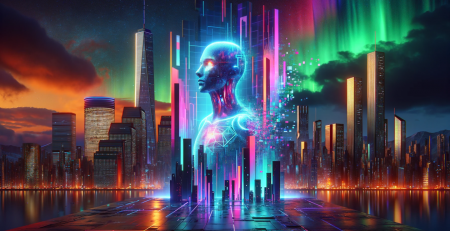


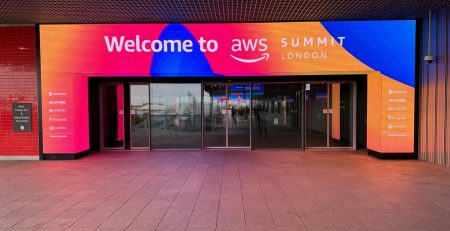
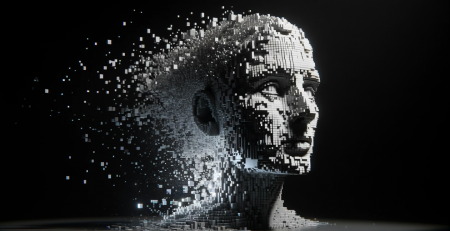
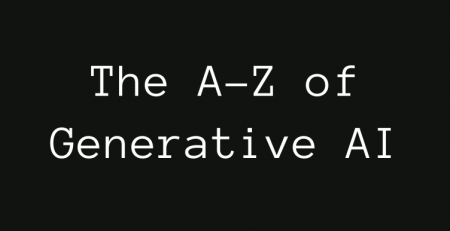

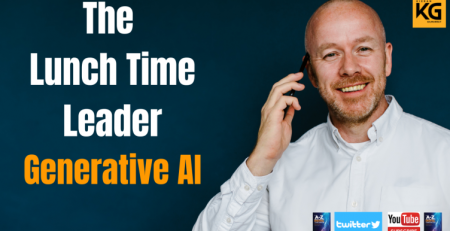
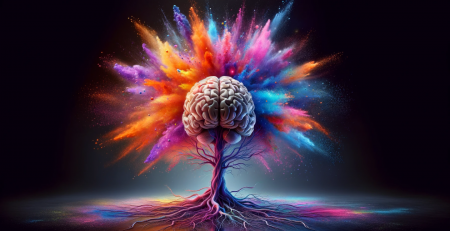
Leave a Reply